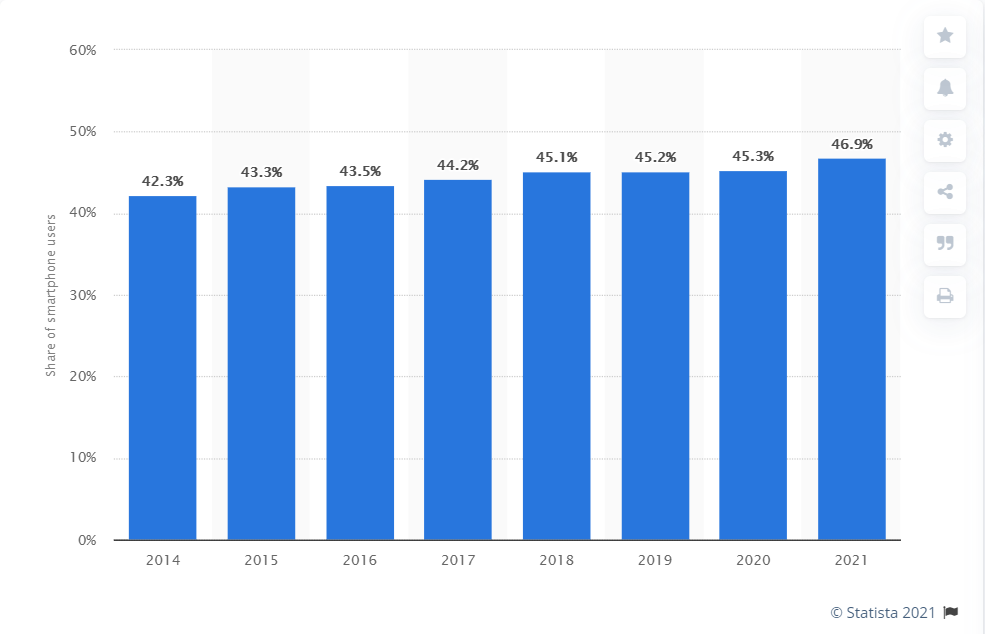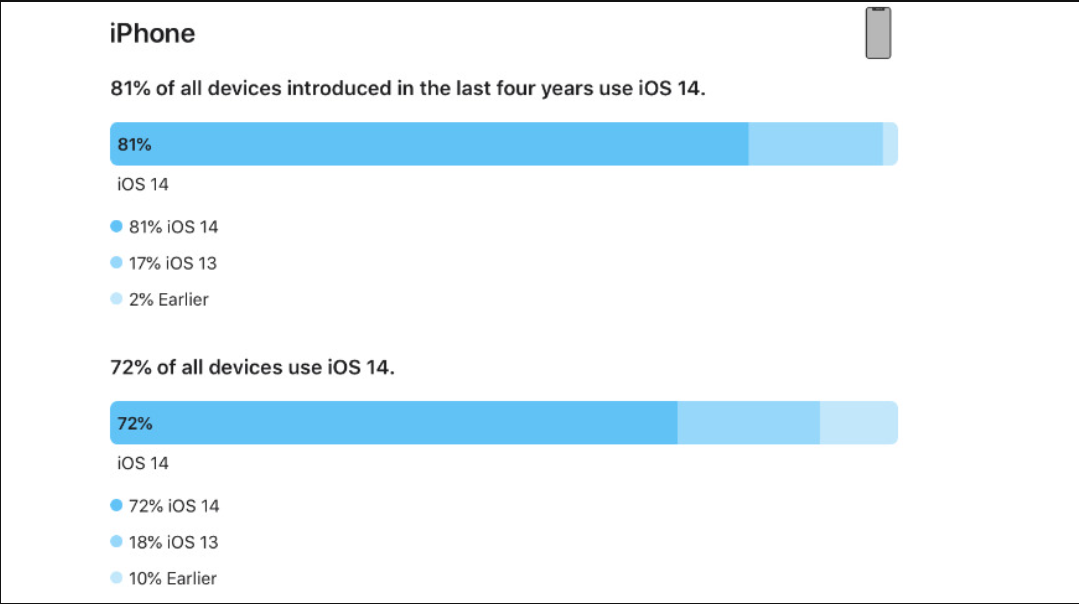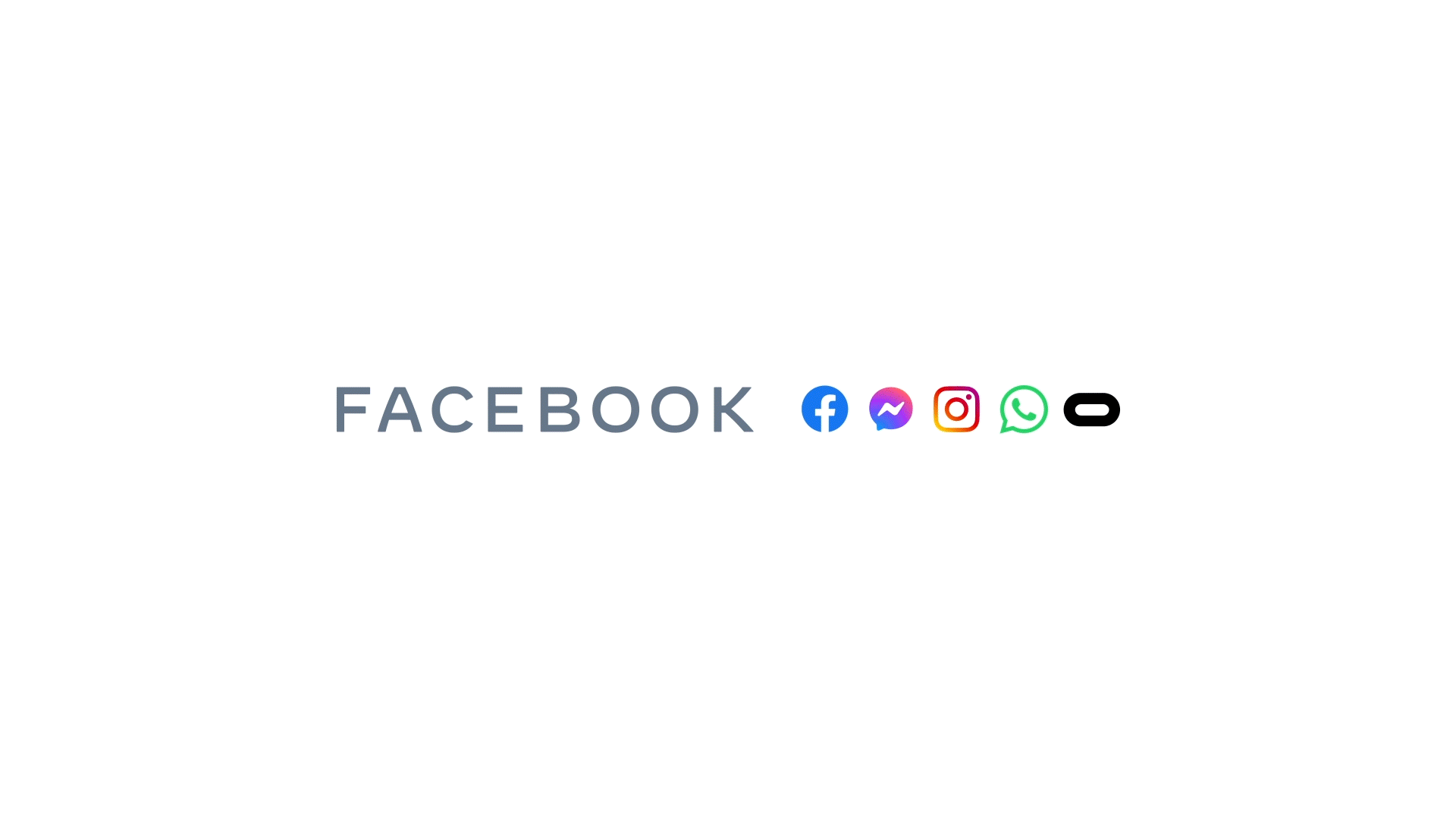The marketing world has changed in a heartbeat. The Summit organized by Facebook on the 8th of June introduced many cool features that you, as a marketer, need to be aware of. A lot of it is a direct response to the current iOS 14.5 rollout and the increasing current initiatives to cut third party cookie data from digital marketing and increase user privacy.
If you are a digital marketer, here’s a quick brief on the historic development up to this point, why you as a user should not opt out of tracking, and what options the digital marketers have in the future to sustain marketing effectiveness.
How did we end up in a cookieless world?
Third-party cookies really opened up to the utilisation of people’s data and personal information. Historically, personalized ads would not have happened without them and we have been able to serve content to people that were indeed interested and had the intention to buy. Targeting options combined with the correct frequency/recency capping have been a formula to success. Individuals are still today being served adapted content across the buying funnel while (to a certain extent) not being spammed. But this marketing paradigm is now changing significantly.
As people get more aware of the utilisation of personal data and information, there has also been a natural shift in attitudes towards privacy rights and control. People want to know how their data is being stored and used. The large advertiser platforms such as Facebook have also faced several damming cases of data privacy misuse.
As a result (and not just because of Zuckerberg), there was a need for a data protection regulation. At that moment GDPR appeared as the 1st pillar. Here’s the official legal text for General Data Protection Regulation. You can read more about consent, encryption, email marketing, and much more.
And now, we have come to the iOS 14.5 update where Apple users are all being actively asked if they want to share data and information – not automatically opted in. You can read more about Apple iOS 14.5 tracking in our blog.
Why should users not opt out of iOS 14.5 tracking?
So why would you share if you don’t get anything in return? The answer is that most people will most likely opt out.
But people will definitely get something out of still sharing their data and the main problem here is that people are not fully informed about what will happen if they opt out of tracking. Most of them still believe that if they opt out they won’t see ads, and don’t know that they will still see the same number of ads but there is a strong chance they won’t be relevant to them. This will be a huge problem for both marketing specialists and users.
While Facebook, Apple and the other platforms are all making privacy choices more easy for users, Apple’s latest initiatives are still the most drastic we have seen so far. As Apple earns the least from digital advertising compared to Google and Facebook It’s no surprise this comes from Apple first.
Nevertheless, users need to understand much more about what they are actually opting in and out of. Not sharing gives users a poorer and less personalized experience onlines – but it’s not that transparent how that actually works. So if you don’t know what you get out of it, why should you share your information?
How will the shift impact digital marketers?
But, how many iPhone users are there, and can they make a huge shift in advertising?
According to Statista’s research, 46.9% of users carry an iPhone in the USA today. Appleinsider additionally reports that iOS14 is running on 72% of all devices and 81% of devices introduced in the past 4 years. So we can expect that almost half of the mobile users in the USA will be completely out of reach by the end of 2021 if they opt out of tracking.


With increasingly less audience “juice”, advertisers face less relevant traffic from their existing retargeting campaigns. Advertisers need to find new or old ways to make up for the loss.
Initially, we foresee a shift back to other non-cookie-related targeting methods. Facebook has loads of interest groups and demographic targeting options available, so there’s definitely a default plan ready to go.
For all advertisers, it will be a race to be ready for the new cookieless world by adapting to server-side tagging a 1st party tracking. There will again be a first-mover advantage for those advertisers that invest and embrace the constantly disrupting ecosystem of digital advertising.
If you want to be on top of the latest iOS 14.5 update and prepare for the new paradigm, read more info on our blog here.
What to do from here!
From a marketing perspective, targeting people but not being able to evaluate and select audiences presents a real risk. Even though personalized ads per se can be seen as an intrusion in people’s life, opting out of tracking will not affect the number of ads, only its relevance.
Because effectiveness comes with the right targeting setup. At this point, we need to rely on the fact that indications we have about the content and its relevance to the audience are sufficient.
Having more privacy is good, but it can have disadvantages for the end customer. Communication has to be better, and people need to understand that advertisers are not intruding on their personal lives.





0 Comments